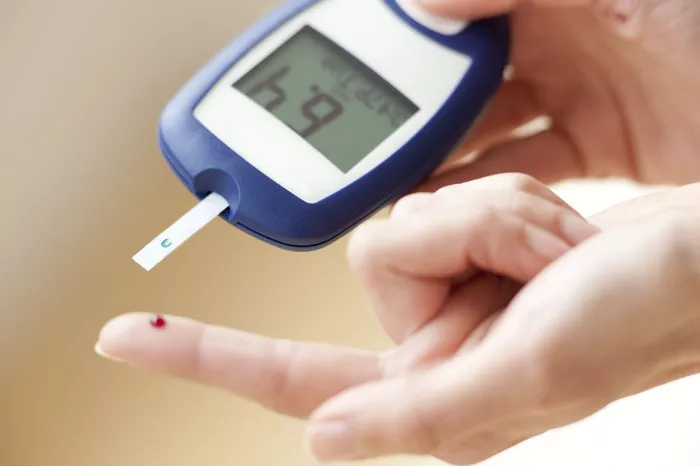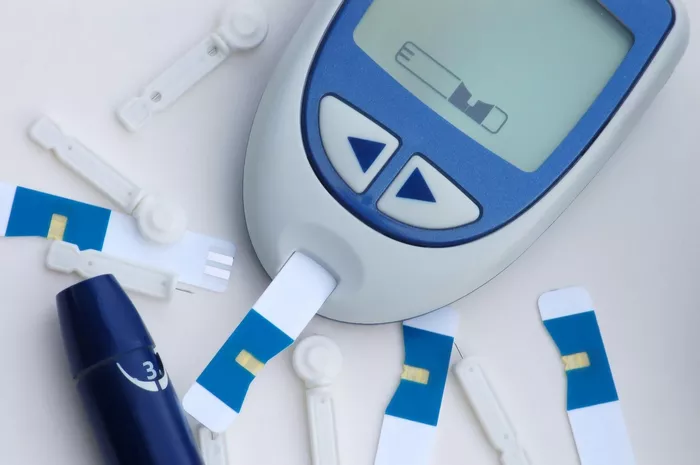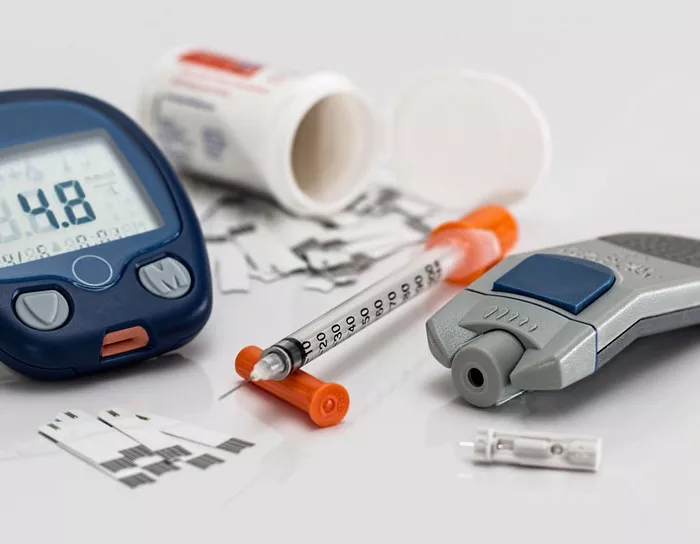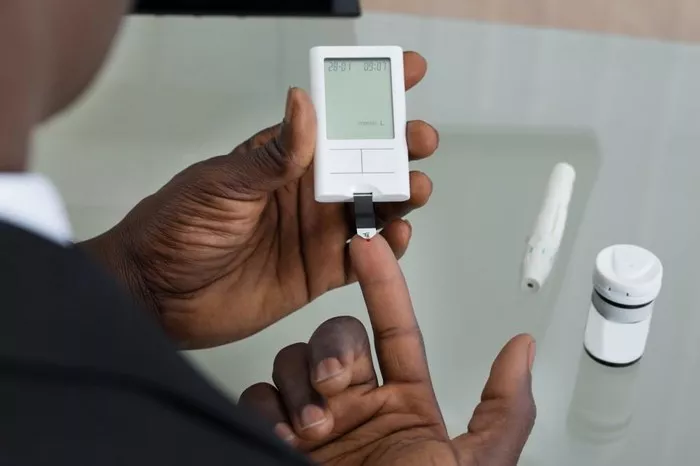Hypoglycemia is a condition characterized by abnormally low blood sugar levels, typically defined as blood glucose levels below 70 milligrams per deciliter (mg/dL). While hypoglycemia is commonly associated with diabetes, it can also occur in individuals without diabetes. In this article, we will explore the causes, symptoms, diagnosis, and management of hypoglycemia in non-diabetic individuals.
Causes of Hypoglycemia Without Diabetes
There are several medical conditions and factors that can lead to hypoglycemia in individuals without diabetes:
Medications: Certain medications, such as insulin, sulfonylureas, and other medications used to treat health conditions like hypertension or heart disease, can cause hypoglycemia as a side effect.
Alcohol consumption: Excessive alcohol intake can interfere with the body’s ability to regulate blood sugar levels. Alcohol can impair the liver’s ability to release stored glucose into the bloodstream, leading to hypoglycemia, especially in individuals who consume alcohol on an empty stomach.
Critical illnesses: Serious medical conditions, including liver disease, kidney disorders, or hormone deficiencies such as adrenal insufficiency, can disrupt glucose metabolism and trigger hypoglycemia.
Eating disorders: Conditions like anorexia nervosa or bulimia can result in irregular eating patterns and insufficient carbohydrate intake, leading to hypoglycemia. Individuals with eating disorders may also misuse insulin or other medications to manipulate their weight, increasing the risk of hypoglycemia.
Endocrine disorders: Disorders affecting the adrenal glands (such as Addison’s disease), pituitary gland, or thyroid gland can impact hormone levels involved in glucose regulation, leading to hypoglycemia.
Reactive hypoglycemia: Some individuals may experience hypoglycemia after consuming high-carbohydrate meals, particularly if they have impaired glucose tolerance or insulin resistance. This type of hypoglycemia typically occurs within a few hours after eating and is often associated with symptoms such as sweating, shakiness, and hunger.
Symptoms of Hypoglycemia Without Diabetes
Common signs and symptoms of hypoglycemia include:
- Sweating
- Shakiness or tremors
- Palpitations
- Hunger
- Confusion or difficulty concentrating
- Irritability or mood changes
- Dizziness or lightheadedness
- Fatigue or weakness
These symptoms can vary in severity depending on the individual and the underlying cause of hypoglycemia.
Diagnosis and Evaluation
Healthcare professionals diagnose hypoglycemia in individuals without diabetes through various methods:
Blood sugar testing: During episodes of symptoms suggestive of hypoglycemia, blood glucose levels are measured using a blood glucose meter. A blood glucose level below 70 mg/dL confirms the presence of hypoglycemia.
Medical history: Healthcare providers evaluate the individual’s medical history, including any medications being taken, recent dietary habits, and the presence of underlying medical conditions that may contribute to hypoglycemia.
Additional testing: Further diagnostic tests may be performed to identify the underlying cause of hypoglycemia. These tests may include blood tests to measure hormone levels (such as cortisol, insulin, and growth hormone), imaging studies (such as ultrasound or MRI) to assess the structure of organs like the liver or pancreas, or specialized hormone testing to evaluate adrenal or pituitary function.
Management and Treatment
The management of hypoglycemia without diabetes involves addressing the underlying cause and implementing appropriate treatment strategies:
Dietary adjustments: Eating regular meals and snacks with a balance of carbohydrates, protein, and healthy fats can help stabilize blood sugar levels throughout the day. Avoiding high-carbohydrate meals that can cause reactive hypoglycemia may also be beneficial.
Medication adjustments: If hypoglycemia is medication-induced, healthcare providers may adjust or change medications to minimize the risk of low blood sugar. This may involve reducing the dosage or switching to alternative medications with a lower risk of causing hypoglycemia.
Lifestyle modifications: Avoiding excessive alcohol consumption, maintaining a healthy weight, and managing underlying medical conditions can help prevent hypoglycemic episodes. Individuals with eating disorders may benefit from counseling or therapy to address disordered eating behaviors and restore healthy eating patterns.
Emergency treatment: In severe cases of hypoglycemia, emergency medical treatment may be necessary. This may involve administering intravenous glucose or glucagon injections to rapidly raise blood sugar levels and alleviate symptoms.
It is essential to seek medical attention if you experience persistent or recurrent symptoms of hypoglycemia, severe episodes requiring emergency treatment, or concerns about underlying health conditions. Healthcare providers can perform a thorough evaluation, diagnose the underlying cause, and develop an appropriate treatment plan to manage hypoglycemia effectively.
Conclusion
Hypoglycemia can occur in individuals without diabetes due to various medical conditions, medications, or lifestyle factors. By understanding the causes, symptoms, diagnosis, and management of hypoglycemia, individuals can take proactive steps to prevent and address low blood sugar episodes effectively. If you experience symptoms of hypoglycemia, consult a healthcare professional for evaluation and guidance tailored
Related Topics:
What Can I Eat Immediately To Lower My Blood Sugar?



























